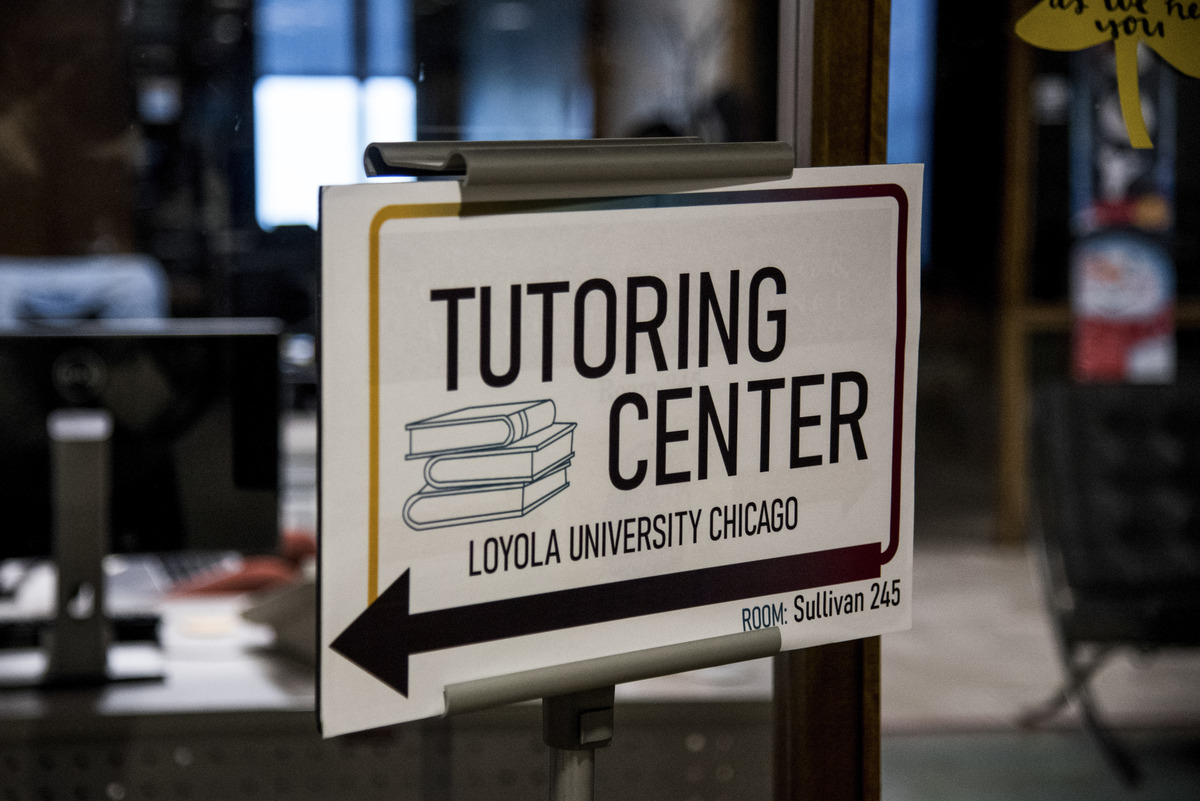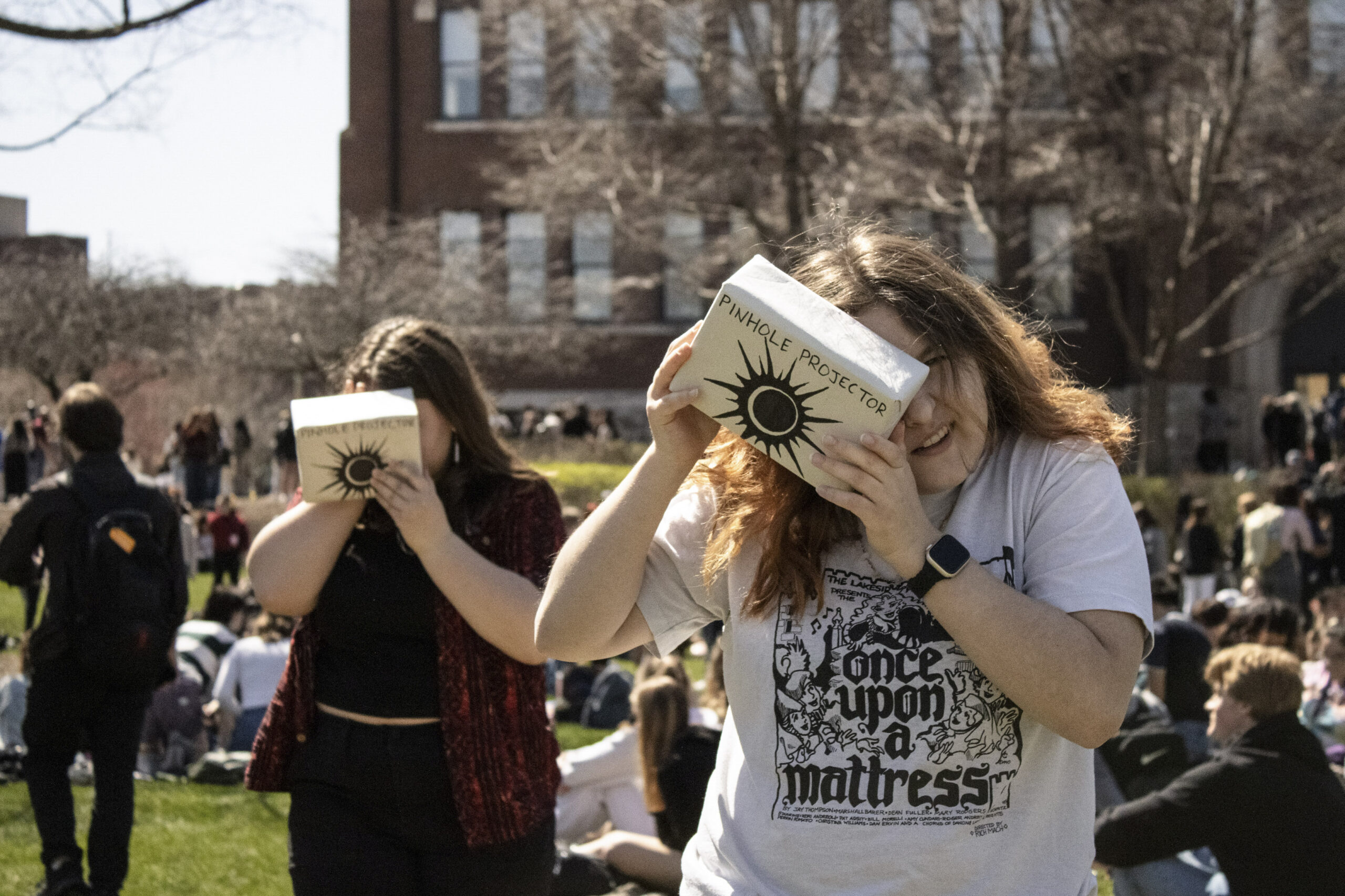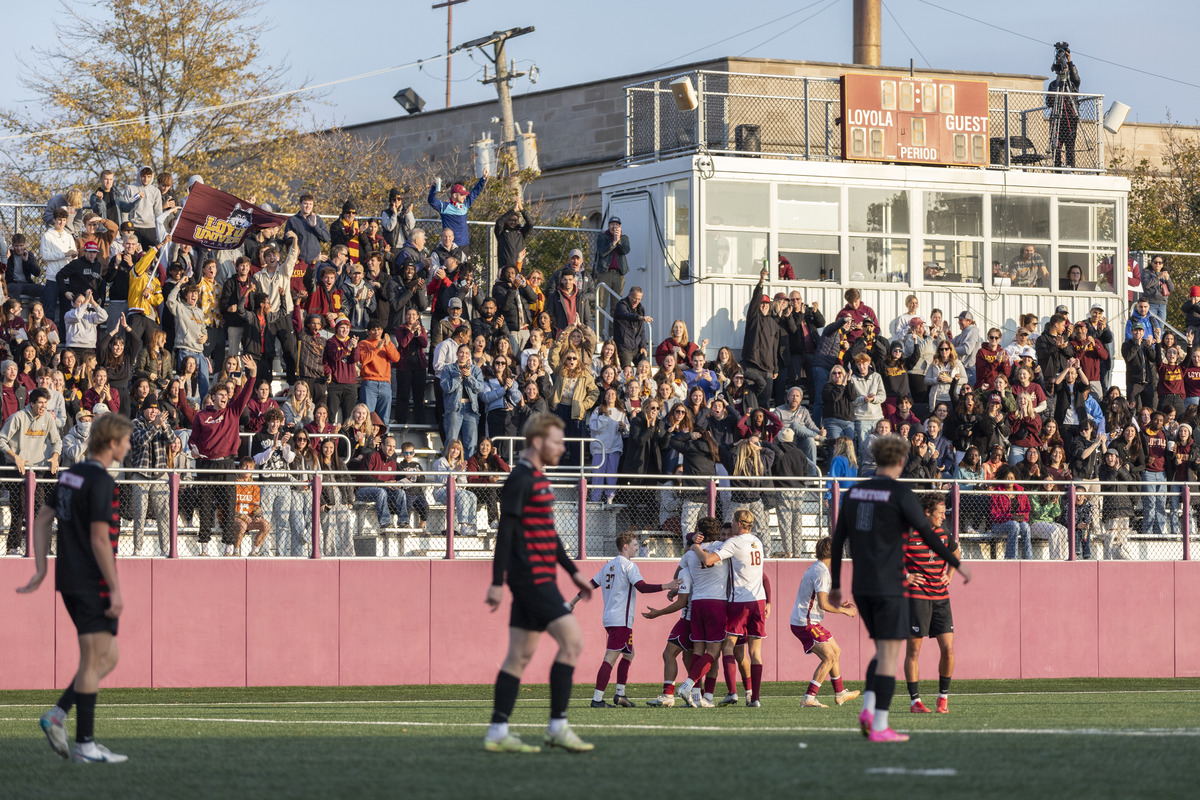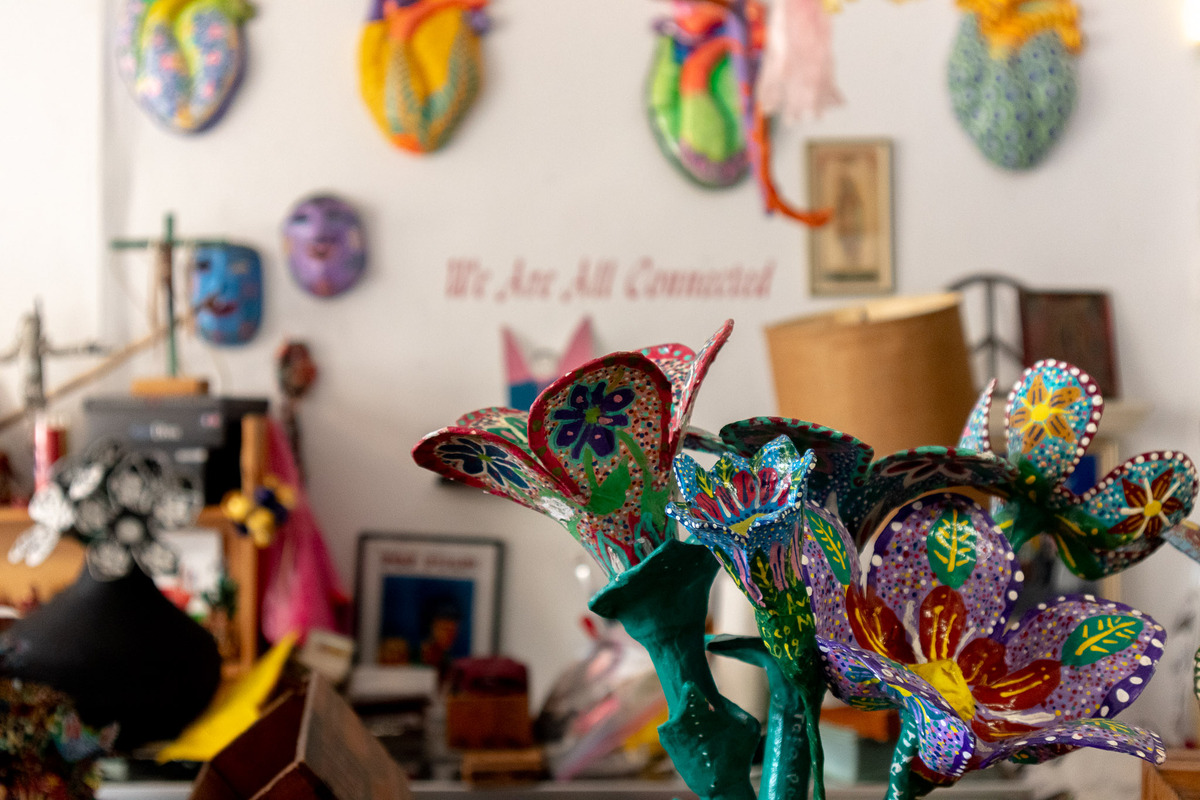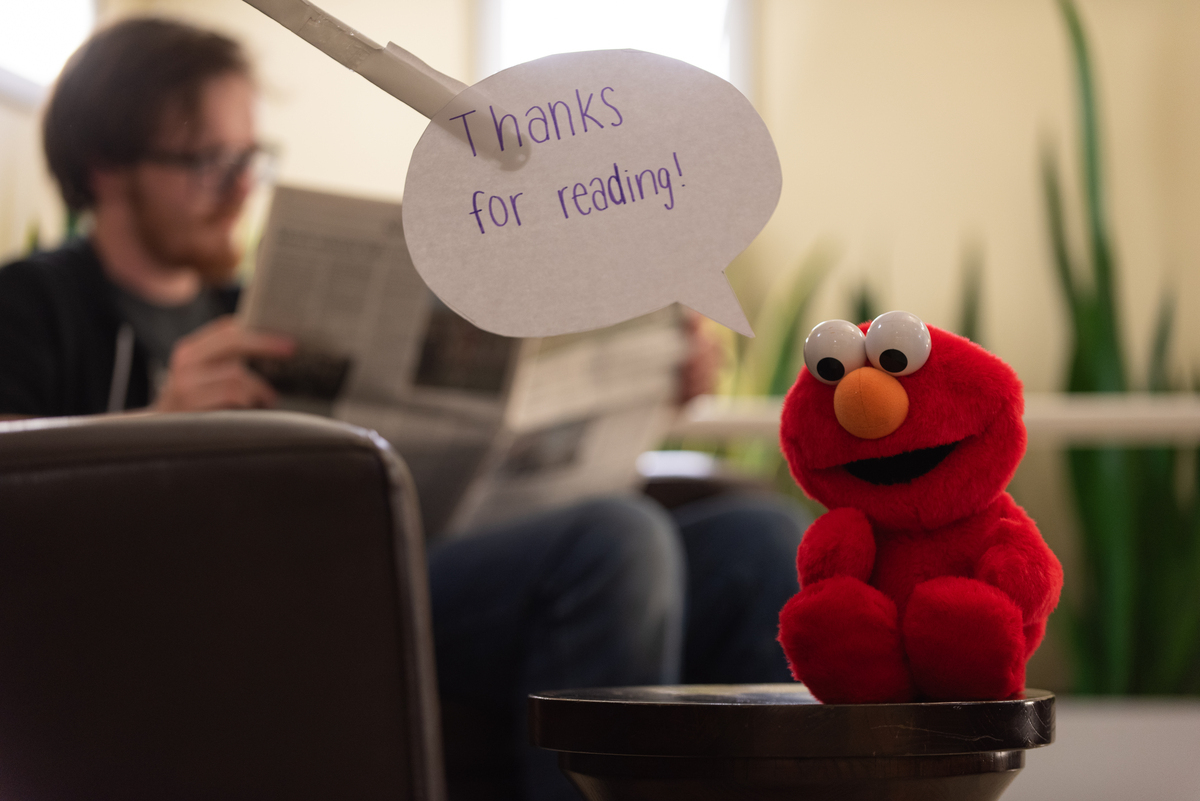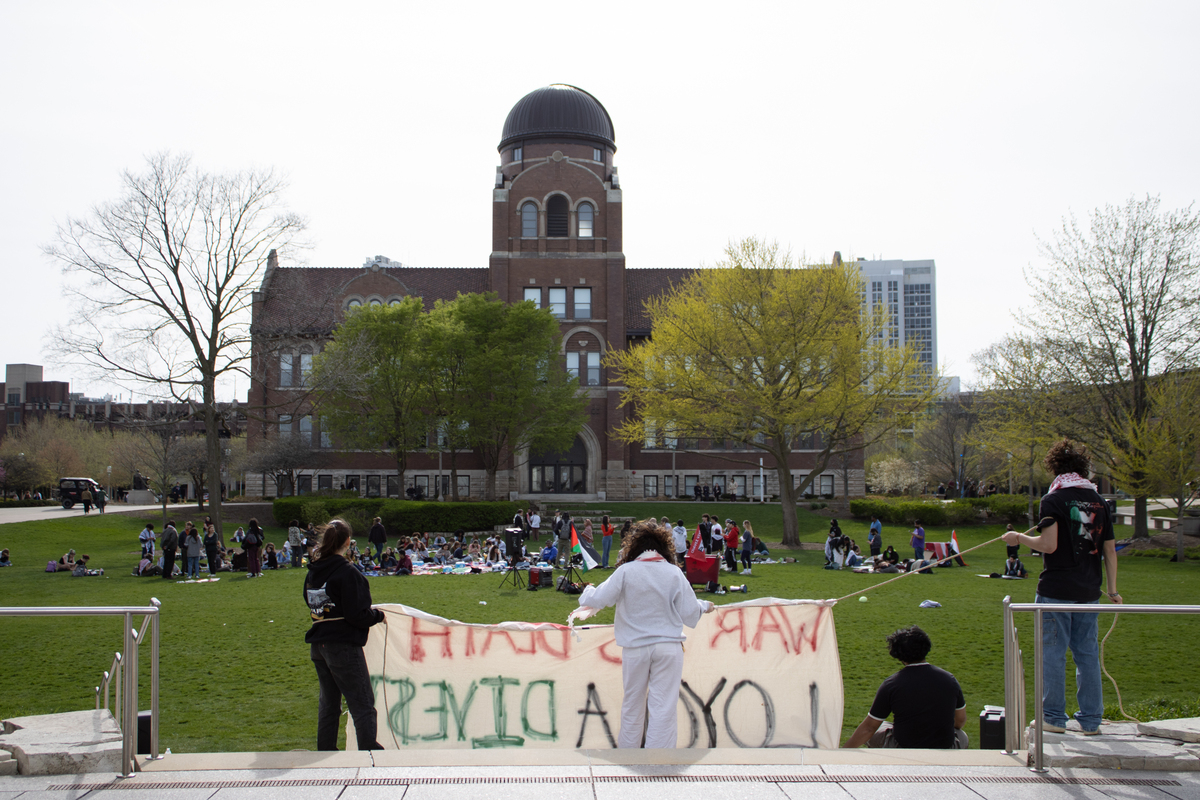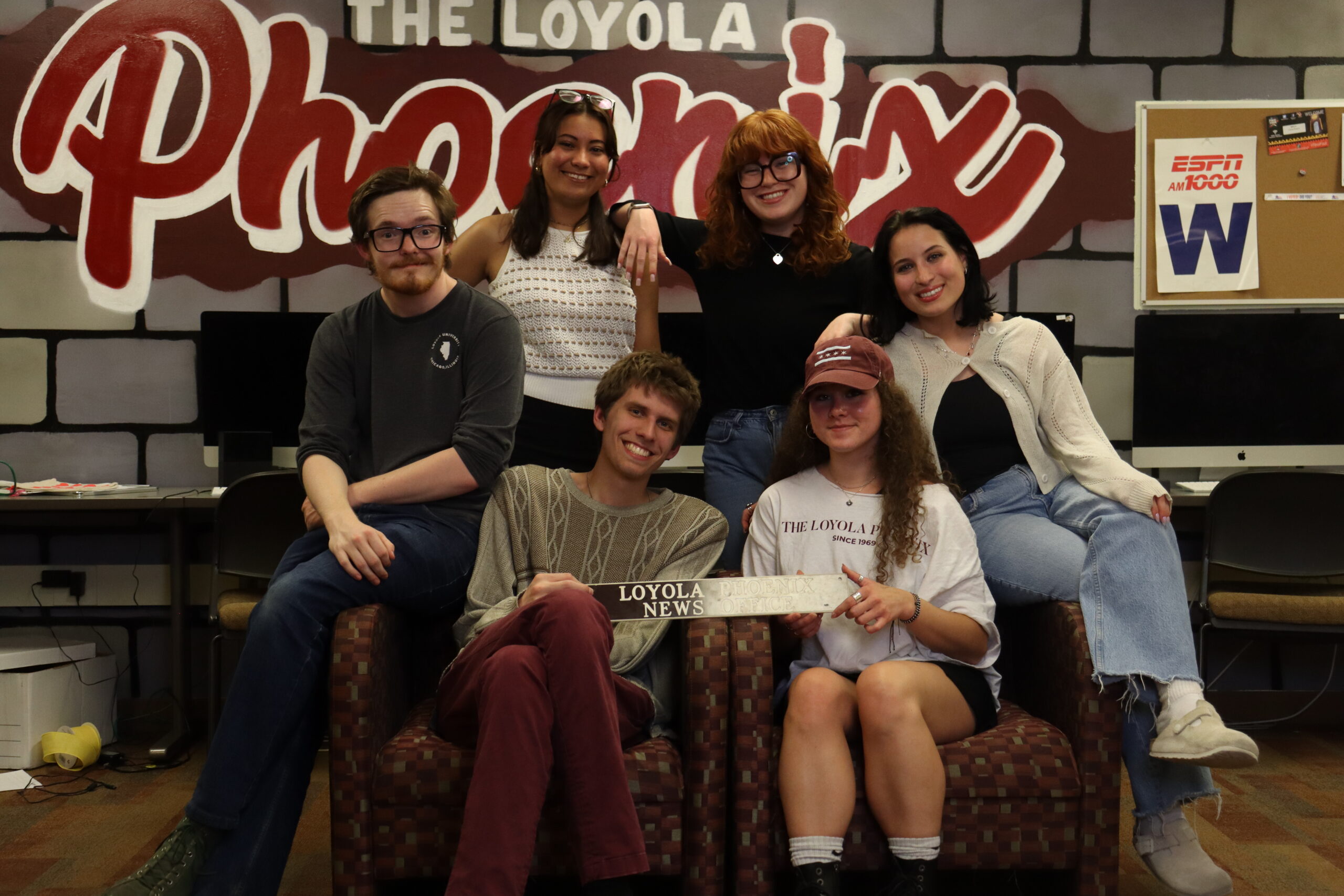A coalition of student groups, led largely by the Latin American Student Organization and the Student Government of Loyola Chicago, has been pushing for the implementation of Spanish-speaking tutors and campus tours for prospective students.
A coalition of student groups, led largely by the Latin American Student Organization and the Student Government of Loyola Chicago, has been pushing for the implementation of Spanish-speaking tutors and campus tours for prospective students.
The Latin American Student Organization president fourth-year Elizabeth Marquez said she was first approached by SGLC’s chief diversity, equity and inclusion officer third-year Jerell Rogers and second-year Jenesia Diaz, a senator on the SGLC’s Academic Affairs committee.
Marquez said student participation is vital for ensuring the success of initiatives like this. SGLC and Latin American Student Organization, in collaboration with the Mexican American Student Association, Lambda Theta Alpha, and BRASA, released a Google Form survey Nov. 22 looking to identify student need for the push to get Spanish-speaking tutors and tours on campus.
Rogers said they have asked the Tutoring Center to extend the deadline for the results of the survey to just before spring break, with the hopes of implementing tutors in the tutoring center by the next academic year.
Marquez said one of the things that came to mind was Spanish-speaking tours for prospective students.
“I think that my biggest sadness in my academic career is that I wasn’t able to bring my family on campus, more specifically my mom or my dad, because there wasn’t any Spanish-speaking tours,” Marquez said. “And I never got the opportunity to sort of, kind of have that environment the way other incoming freshmen had.”
Marquez said the lack of Spanish-speaking tutors in the Tutoring Center can be a barrier to students whose first language isn’t English.
Rogers said certain courses in science-oriented fields require an understanding of a large number of very technical terms and a lack of Spanish-speaking tutoring could present an obstacle to students’ full understanding of the material.
Amy Kessel, director of the Writing Center, said students may already be proficient in these subjects in Spanish or their first language but translating their knowledge to English adds another layer of difficulty.
“They need somebody who can kind of be a bridge there, who can help them,” Kessel said. “Oh, you know, ‘Say it in your language, I can tell you how that works best in English,’ or give you options for how that could work best in English.”
Kessel said there’s an attitude among some educators that if students need this kind of tutoring, then they shouldn’t be in college at all. She said she strongly disagrees with this notion and said it’s the responsibility of educators to make education accessible to all students.
“Students who have a different home language are here for the same reason all the students are here — and that’s to learn,” Kessel said. “It’s our job to help them learn, and if that kind of support is needed, then we should provide it.”
Third-year Pedro Henrique Assenza Tavares Coroa, co-president of BRASA and a current tutor in the Tutoring Center, said he has tutored students in the past, while unofficially, and found that it made them more comfortable.
“I think it just allows everyone to have, like, the best opportunity of getting a good grade in the class, while also having the best opportunity and resources and, like, representing truly the diversity that Loyola should have at the tutoring positions which is what I think that we’re trying to achieve,” Coroa said.
Third-year Leon Friedrich-Díaz, president of the Mexican American Student Association, said he’s had friends who have benefited from being able to speak to professors in Spanish about the subjects they’re struggling in.
Rogers and Marquez said the initiative to get Spanish-speaking tutors implemented in the Tutoring Center is a jumping-off point to expanding the inclusivity of Loyola.
While the plan is to start with Spanish, Marquez said she would like to expand to other languages.
“This is something that I definitely don’t want to rush at all whatsoever,” Rogers said. “I want to make sure that everything is up to par with the needs of our students, and it’s the same thing with campus tours as well.”
Rogers said the administration and the Tutoring Center have been incredibly supportive of the effort to get Spanish-speaking tutors and have worked closely with the students involved.
The Tutoring Center was not available for comment before The Phoenix’s time of publication.
Marquez said there isn’t really anything that can alleviate the “sadness” of not having access to resources like Spanish-speaking tours from the beginning of her career at Loyola.
“You kind of learn to just overcome those, like, regrets or frustrations,” Marquez said. “You kind of want to just keep moving forward and changing things for those who are coming into Loyola or just kind of stepping into my steps as, like, a Loyola student.”
Marquez said she believes it is part of her responsibility to advocate for more resources for Spanish-speaking students like herself on campus.
Featured image by Daphne Kraushaar / The Phoenix

